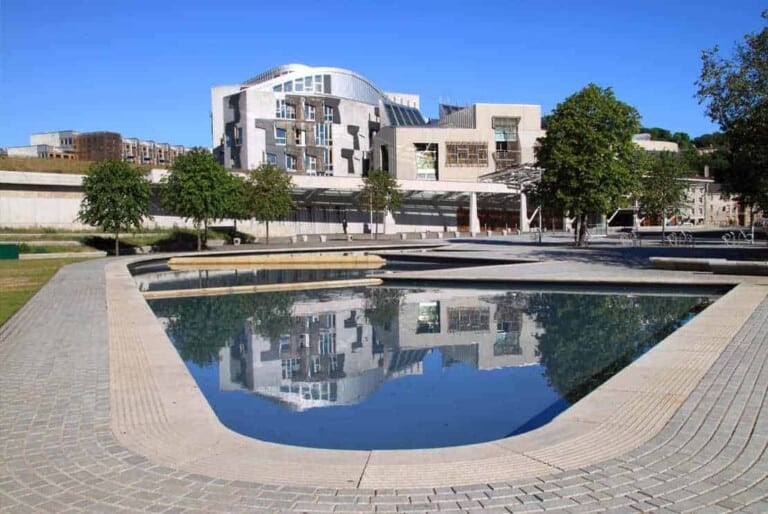Introduction
On May 1st 1997, a general election took place in the UK. It was won by the Labour Party after 18 years of Conservative Government (1979-1997).
The political programme of the Labour Party included a vast number of constitutional reforms and manifestos:
- devolution (power to the regions) to Scotland, Wales, Northern Ireland and English regions (wide range).
- reform of the House of Lords.
- incorporation of the European Convention on Human Rights into British law.
The Labour Government was for devolution because there were demands for more autonomy (yet not the same demands):
- Scotland: Parliament (law-making body)
- Wales: Assembly
- Northern Ireland: Assembly and power-sharing executive between Catholics and Protestants.
The Scotland Act
September 11th 1997: referendum in Scotland on devolution. Majority of “Yes” votes. The Scottish Bill was introduced and validated. It became the Scotland Act in 1998, which defines the Scottish Parliament, and its rules…
The next stage was the 1st Scottish General Election. Donald Dewar, who had been Secretary of State for Scotland in Tony Blair’s Government became the First Minister of Scotland. Labour did not have a majority and allied with the Liberal-Democrats (coalition executive).
Between mid-May and the end of June, the Scottish Parliament met regularly but it was officially opened by the Queen on July 1st, 1999.
Opinion polls about the Scottish Parliament
| Scottish Parliament has achieved | Sept. 2000 | Feb. 2001 |
|---|---|---|
| A lot | 11% | 25% |
| A little | less than 56% | 56% |
| Nothing at all | 29% | 14% |
This study was conducted in Scotland only. The positive views more than doubled. The Scottish Parliament cannot change things overnight, some decisions might take some time.
The Scottish Parliament
The Scottish Parliament achieved things in certain areas:
- the abolition of poindings and warrant sales.
This old law concerned people who had too many debts and could not pay the loans back. The company to whom money was owed could easily seize the property of those people.
The British Parliament had to repeal it but did not have any time to discuss it: the Scottish Parliament repealed it.
- tuition fees.
Were introduced by Tony Blair. Before, students received grants from the State when the number of students was low. As it increased, it became a problem.
Thatcher suppressed grants and adopted loans. Those loans were for 3 years: it meant lots of money to pay back and some students stopped their studies (masters) because they could not afford it.
Tuition fees were £1,000 per student to enter the University. It was a very unpopular measure, especially in Scotland. Only the Labour Party was defending it.
In the election of 1999, the Labour Party won but did not get the majority. They formed a coalition with the Lib-Dem and the latter asked for the abolition of tuition fees.
That is why tuition fees do not exist in Scotland for Scottish students. They exist in Britain and Wales for everyone. Scottish students do not pay £1,000 each year but they have to pay back £2,000 (for the four-year degree course in Scotland) when they start earning £10,000 a year. It is a lump sum and you pay for the next generation (the idea of solidarity).
The slippery slope to independence
One possible scenario for the independence of Scotland :
- the SNP should win a majority of seats in the Scottish Parliament,
- organize a referendum,
- if there is a majority of “Yes” votes, go to the British Parliament,
- pass a bill for Scotland’s independence.



